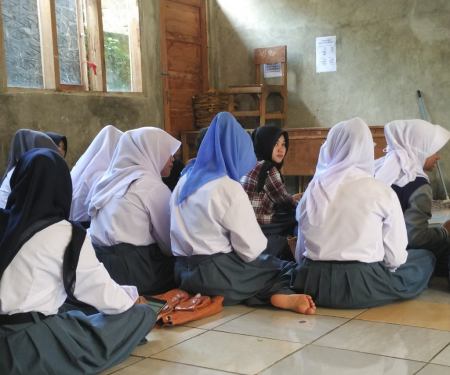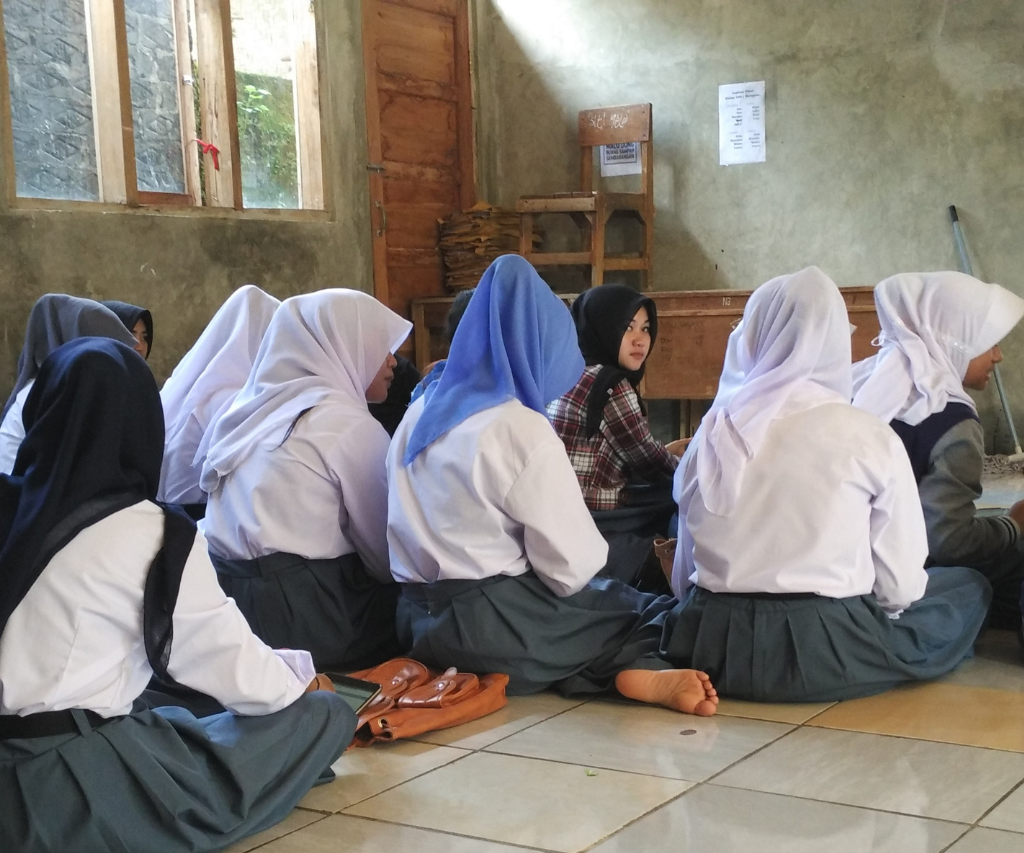The case for a Mother Tongue-Based Primary Education

By Sadori Khawaja
A few years ago, a video of a student singing his leave application made rounds on social media. To comma, the headmaster comma, model primary school kolewala, full stop…. Instead of pausing at the full stop and comma, he sang the words out loud. I inferred he had no idea what he was saying. A few months later, I had the opportunity of observing an English class being taught to a few third graders in a peri-urban area of Karachi. The children did not understand the questions or the answers they had copied from the blackboard into their notebooks. When I changed the sequence of questions, they could not read them either, as they had memorized the questions and answers in a particular order.
I wish this were a unique example, an isolated incident. Unfortunately, this is the reality of most of the schools in our country. Early childhood education is a time when schools are supposed to sow the seeds of critical thinking and analysis skills; instead, our kids are learning how to memorize a few words and definitions in a language utterly unfamiliar to their minds. We can not undermine the importance of English; it is the language of science, higher education, and in our case, the ticket to a promising career. English needs to be taught at some stage, but the early education has to be in a language that the child understands or speaks at home. There is enough scientific evidence to show that a mother tongue-based curriculum in primary school leads to better comprehension, classroom participation, improved self-esteem, and critical thinking skills. Research has also shown that once children have a good grip on their mother tongue, learning an additional language becomes easier.
The shift from our current system to a mother tongue-based curriculum is not an easy one. Setting aside the usual hurdles of governmental lethargy and lack of political will, this is still a herculean task. We have over 80 native languages in the country. Many of them are slowly eroding due to a lack of speakers or a lack of written material. For many languages, the textbooks will have to be written from scratch. Others, such as Sindhi, have pre-existing textbooks but will require significant modifications.
That being said, an unfamiliar medium of instruction is not the only problem in our education system. Even if we switch to a mother-tongue based education system, if the curriculum still rewards rote-learning and memorization over critical thinking and problem solving, we will go back to square one. There has to be a complete revamping of the curriculum, textbooks, testing, teacher training, and recruitment before any benefits can be reaped. This can not be done without the involvement and collaboration of the government sector, private institutions, academia, and the community. COVID-19 has caused damage to an already failing system, but it has affected marginalized communities with no tech infrastructure particularly hard. It is, therefore, more important than ever to divert the national conversation to education. Our inaction comes at a price; only this time, the price is the future of our country.



